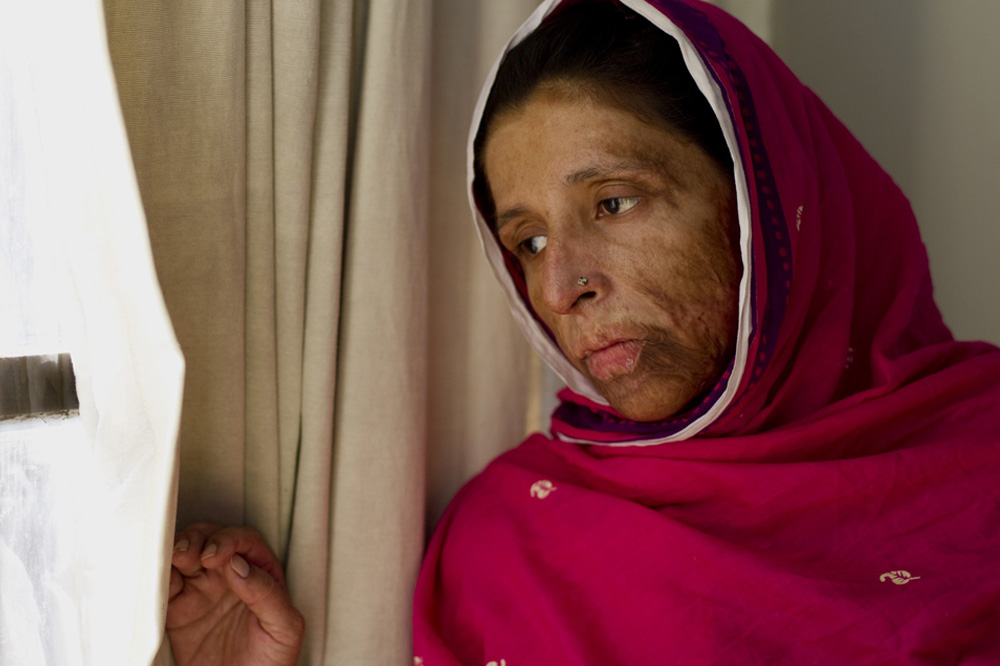
Ashwaq Al Hashimi became interested in prosthetics while working as a physiotherapy aid at Rashid Hospital in the UAE.
Although she’d never considered it as a profession, a chance meeting with Indian anaplastologist and prosthesis designer, Deril Atkins, started her on a career path that would change her life - and the lives of hundreds of people in need of prosthetic limbs.
Opening The First Prosthetics Center In The UAE
Prosthesis design involves creating replacements for missing limbs that have either been amputated, are malformed due to birth defects, or are missing.
After returning to university to study the craft, Al Hashimi opened the Omniyata Prosthetics Arts Centre in Deira - the first of its kind in the UAE.

"We provide patients who lost body parts as a result of injuries, attacks, birth defects or diseases with prosthetics that would restore their appearance and confidence," Al Hashimi told the Khaleej Times. "The prosthetics field is still growing in the Middle East. There are currently limited facilities that provide such services in the Arab World."
As one of the only centre’s of its kind in the region, Omniyata Prosthetics receives over 100 cases each year from the GCC and the Middle East, with the number growing steadily every year.
"Our role comes in when plastic surgeries cannot restore certain body parts. While prostheses are only cosmetic, our role extends to helping people retrieve their confidence and be integrated in the society," Al Hashimi explained.
The centre specialises in silicon prosthesis and manufactures a wide range of limbs including, noses, ears, fingers and eye-orbitals.
Improving the Lives of Acid Attack Victims
Although Al Hashimi is determined to help all her patients, she is especially passionate about supporting victims of acid attacks.
"In many of the acid attack cases, surgeries cannot restore a missing part, so victims have to wear prostheses for the rest of their lives," she said.

Along with her mentor Dr Atkins, Al Hashimi designed the facial prosthesis for Zakia, a survivor that was the topic of Oscar winning documentary, Saving Face.
She is currently seeking financial support to create prosthetics for 3 young Egyptian women, due to the lack of funding options in place for victims.
"Acid attack victims are not covered by insurance or charitable organisations because it's labelled under the umbrella of plastic surgeries,” she said. “Therefore, they suffer socially and psychologically along with their families and those surrounding them.”
Al Hashimi is dedicated to supporting her patients in any way she can is, due to the pain and suffering that they have been through.
"If you're in the field, and found yourself counting how much money you'll get out of it, then you lost your profession and humanity. You have to have the passion for it."
Global Increase in Acid Attacks
The increase in acid attacks as a weapon against women and girls in developing countries is well documented.
It is especially prevalent in South Asia as a way for men to seek revenge against women who have rejected their marriage proposals or sexual advances.
While 80 percent of victims are female, the UK has seen as record number of attacks against men - mostly related to gang violence.

















